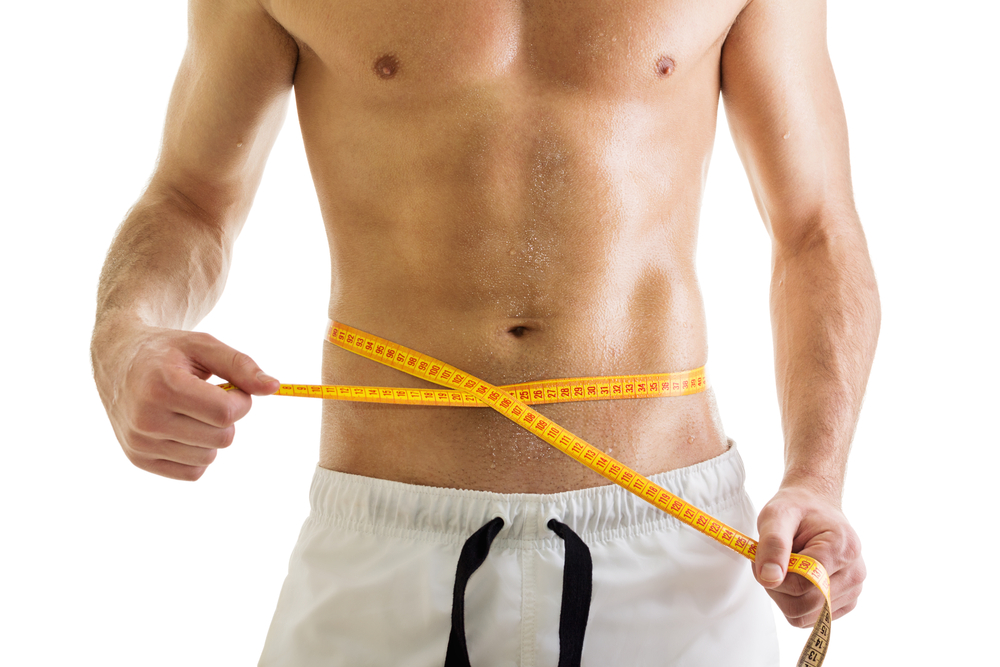
Trying to Shed a Few Pounds? Avoid These 5 Common Mistakes
Did you know that in 2019 the weight loss and diet control market was worth $72 billion in the U.S.? Imagine the market after two-plus years of pandemic-induced Door Dash deliveries.
Over the past couple of years of wearing sweatpants, we may have become a bit soft around the middle. Let’s just say that belts have lost their utility for many of us.
The time has come to shed a few pounds. So what’s the best way to do it?
Something to keep in mind is that we are physiologically unique. Maybe a buddy dropped twenty pounds on a Keto diet, or our sister found success on Nutrisystem, but that doesn’t necessarily mean they’ll work the same for us.
No matter how you decide to lose weight, avoiding these five myths will help eliminate the pain and frustration of dieting.
Calories In versus calories out
It makes sense to think that eating fewer calories than we burn is the perfect weight loss equation. That works if you’re studying thermodynamics, but our bodies are biological, not mathematical.
The metabolic rate for every individual varies in a dynamic system, and a simple math equation cannot account for our differences.
The human system adjusts to inputs. The more we drink, the more we pee. Every inhale accounts for a greater exhale. When we eat more, our bodies will burn more because it increases our metabolic rate.
Multiple studies concluded the fewer calories people consumed, the more body fat they had.
Eating fat makes you fat
Fats are essential elements to the functioning of the human body, and our brains are 60% fat. So, how could eliminating fat from our diet be healthy? It’s not.
So why do we think eating fat causes weight gain? Dietary fat has twice the calories per gram as carbs and protein. The theory that eating fat makes you fat has roots in the calorie-in vs. out mentality.
Contrary to popular belief, eating fat helps us lose weight. Fat works in the brain to eliminate hunger and craving while improving our metabolism.
Exercise more to lose weight
By now, the effects of the calorie in vs. out method are pretty apparent in many of our health myths, but this one is tough for some of us to believe.
Most people think that we get fat by eating more and exercising less. This assumption leads to hoards of people at the gym every January resolving to lose weight in the coming year.
Depending on the source, diet is responsible for roughly 80% of weight loss, and moderate exercise contributes the remaining 20%.
Take a moment to think about what exercise does to your body. Working out puts stress on the body, and it can’t tell the difference between exercise stress and everyday stress. When our body feels stress, it produces the stress hormone cortisol. Cortisol prevents the body from burning fat.
Are we saying to stop exercising to lose weight? Of course not.
Exercise is vital to a healthy life but grinding on a treadmill for hours on end is counterproductive to our weight loss goals.
Eat processed diet foods
How often have we grabbed a protein bar or downed a meal replacement shake, thinking it was a healthy option?
Any processed food contains additives or ingredients you wouldn’t find in a typical home kitchen. Processed foods include frozen fruits and vegetables, bagged salads, ground beef, frozen dinners, crackers, or anything with a label.
The quality of our food matters. Eating chemical-laden diet foods inhibits our ability to lose weight and gives us a false sense of our dietary habits.
Processed foods lead to overeating, and that’s a recipe for disaster when trying to lose weight.
Breakfast is the most important meal of the day
Breakfast is likely the most important meal of the day TO SKIP.
Let’s be honest. Most breakfast foods are desserts disguised as the main course. That morning meal starts us on the blood sugar roller coaster. If we spike our glucose early, it’s up and down the track all day with several crashes along the way.
The timing of when we break our nightly fast contributes significantly to our weight. Most people fast for at least twelve hours from their last meal of the day—the benefits of the daily fast increase exponentially with every hour of additional fasting between twelve and sixteen.
Simply skipping breakfast is one of the best ways to supercharge your weight loss.
How many of these myths have you incorporated into your weight loss plans?
Imagine what a few small changes to your mindset could do for your waistline. Remember, the ideal diet is not food or calorie restriction. It’s not living in the gym every day and existing on bars and shakes. Weight loss is not a matter of willpower.
Losing ten or twenty pounds needs only a tweak here and there for most men. Grand gestures and keeping a food diary aren’t necessary if we eat whole foods and get moderate exercise.
Stop thinking about diets and start adopting a healthy lifestyle.
Take care, even down there.
Share this Post